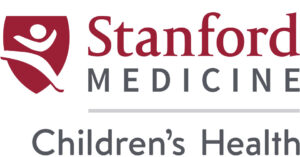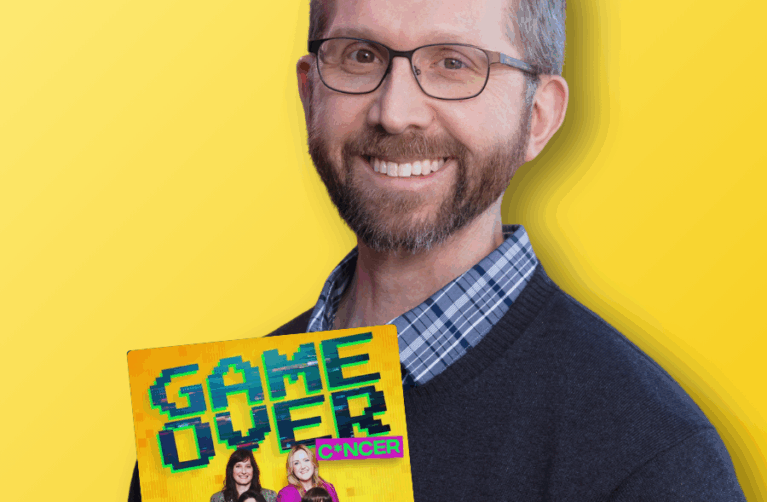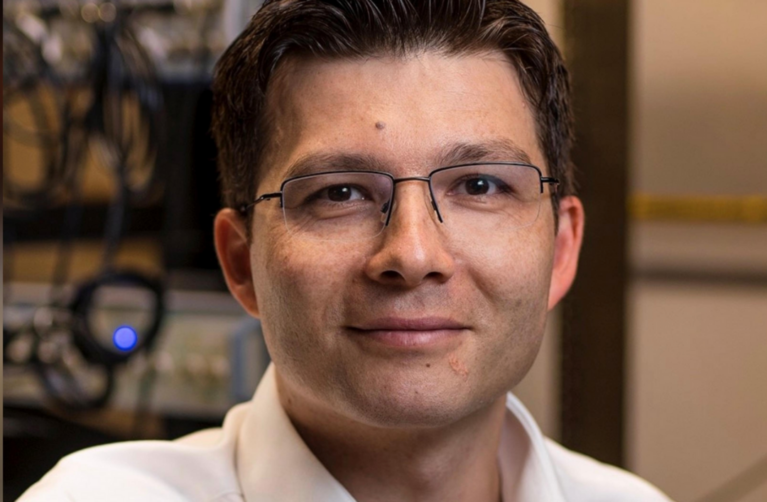On a recent Friday afternoon, about 30 young people attended the first #GoodforMEdia Maker Day at allcove, an integrated youth health center in San Mateo. The event invited young people ages 13-22 to share their perspectives on healthy social media use.
In a time when 95% of teens have smartphones and 35% report using at least one of the top 5 apps constantly, the need for guidance is clear.
“Four years ago, the pandemic forced us all out of regular social spaces. We relied entirely on social media and virtual connection to have a semblance of community,” says Emily Chan, a college student and cofounder of the #GoodforMEdia program.
The pandemic showed that social media can be a lifeline and a powerful tool for connection, support, entertainment, and inspiration. At the same time, it can harm mental health through overuse, unhealthy content, and unrealistic comparisons.
#GoodforMEdia launched in 2020 when youth leaders and adult allies—including Vicki Harrison, MSW, from the Stanford Center for Youth Mental Health and Wellbeing—came together to help teens and tweens learn how to navigate the virtual world in a safe, fun, and positive way. The capital “ME” in #GoodforMEdia underscores the importance of youth perspectives in addressing social media’s complexities.
Rather than assuming a black-and-white stance that social media is all bad, #GoodforMEdia takes a more nuanced approach. The leadership team, ages 16-22, works with Stanford advisers to consider both positive and negative aspects of social media, drawing upon the young people’s own experiences to model healthier interactions for their peers.
By Youth, for Youth
The #GoodforMEdia program focuses on peer mentoring and has expanded from there. Youth are experts in their own experiences and as avid social media users can often guide and influence peers more effectively than adults.
Their wisdom is also valuable to parents, teachers, and key decision makers. #GoodforMEdia youth leaders have participated in prominent forums like the White House Kids Online Health and Safety Task Force and IDEO’s Play Lab, and advocated for policies like California’s Age-Appropriate Design Code Act—bringing their young but experienced voices to Big Tech and lawmakers. “If you’re designing a product that will be used by or affect youth, then you should engage youth,” says youth adviser Khoa-Nathan Ngo, a college student.
The Maker Day is just one of many ways teens can take part in #GoodforMEdia to share their strategies and foster open discussions about social media’s inherent challenges. The program accepts blog posts, video testimonials, and ambassadors on a rolling basis.
“We can’t make what’s wrong with digital media right for young people without taking their suggestions and demands for accountability, privacy protections, and healthier product design,” wrote Harrison and Anne Collier, MA, who along with Steven Adelsheim, MD, co-edited a new book, Social Media and Youth Mental Health. “Improving youth mental health means giving youth power, purpose, support, and the ability to influence their own futures.”
Visit goodformedia.org to access social media resources for youth and parents.
#GoodforMEdia was launched with support from the Auxiliaries Endowment and the Responsible Technology Youth Power Fund.
Additional donor support can expand youth-developed resources, train more youth in peer mentoring, and bring youth voices to industry leaders and policymakers.
To learn more, contact Jennifer Stameson.
This article originally appeared in the Fall 2024 issue of the Packard Children’s News.




